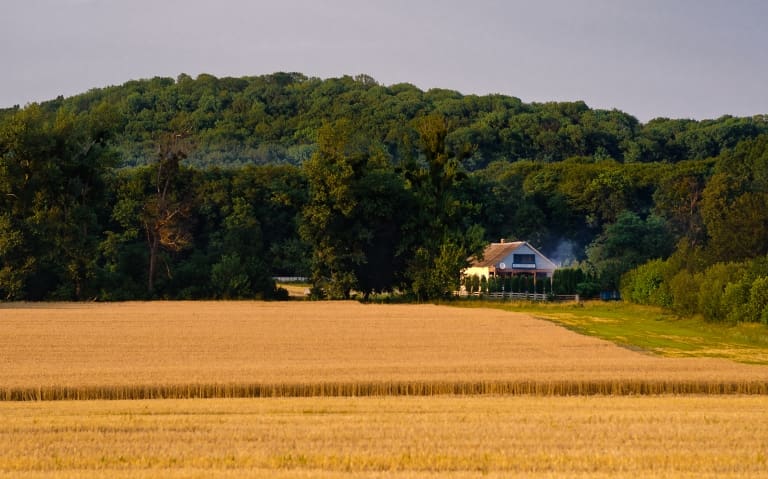Are you considering selling your home in a rural area? Whether you’re downsizing, relocating, or simply ready for a change of scenery, selling a property in a rural setting comes with its own set of opportunities and challenges. In this comprehensive guide, we’ll walk you through everything you need to know to sell your home successfully in the countryside.
Understand Your Local Market:
The first step in selling your rural home is to research and understand the local real estate market. Consider factors such as average property prices, market trends, and the demand for rural properties in your area. Look into recent sales data, consult with local real estate agents, and attend open houses to get a feel for the market pulse.
Work with a Professional:

Selling a home in a rural area can be complex, so working with a qualified real estate agent or broker experienced in rural properties can streamline the process and ensure a successful sale. Look for professionals who understand the unique aspects of rural real estate, such as land use regulations, zoning issues, and agricultural considerations, to guide you through the transaction.
Highlight Unique Features:
Rural homes often come with unique features like large lots, scenic views, or proximity to outdoor recreational areas. Highlight these features in your listing to attract potential buyers looking for a peaceful countryside lifestyle. Emphasize any recent renovations or upgrades you’ve made that enhance the property’s appeal, such as a new roof, updated kitchen, or energy-efficient features.
Price Your Property Competitively:
Pricing your rural property correctly is crucial for attracting buyers. Work with a real estate agent familiar with the rural market to determine a competitive yet realistic price based on comparable sales and market conditions. Consider factors like the condition of your home, the size of the land, and any additional amenities or outbuildings that add value.
Enhance Curb Appeal:
Just like urban homes, curb appeal matters in rural settings too. Keep your property well-maintained, enhance landscaping, and consider simple upgrades to make your home more appealing to buyers. Consider staging outdoor spaces like patios, gardens, or barns to showcase their potential for relaxation or entertainment.
Market Strategically:

Utilize online platforms, social media, and traditional marketing methods to reach potential buyers. Your real estate agent can help open up new marketing avenues. Highlight the benefits of rural living, such as privacy, tranquility, and spaciousness, in your marketing materials. Showcase your property’s lifestyle aspects, such as nearby hiking trails, fishing spots, or equestrian facilities, to appeal to specific buyer interests.
Address Unique Challenges:
Selling a rural home may involve addressing unique challenges such as access to utilities, septic systems, or private roads. Be prepared to provide information and solutions to potential buyers regarding these aspects. Consider obtaining any necessary permits or inspections upfront to streamline the selling process and alleviate buyer concerns.
Consider Seasonal Factors:
Seasonal variations can impact the rural real estate market. Take into account how seasons affect property showings, landscaping appeal, and buyer preferences when planning your selling strategy. Highlight seasonal features like fall foliage, winter recreation opportunities, or spring blossoms to showcase your property’s year-round appeal.
By following these tips and strategies, you can navigate the process of selling your home in a rural setting with confidence and maximize your chances of attracting the right buyers.
#RuralHomeSelling #RealEstateTips #CountryLiving
